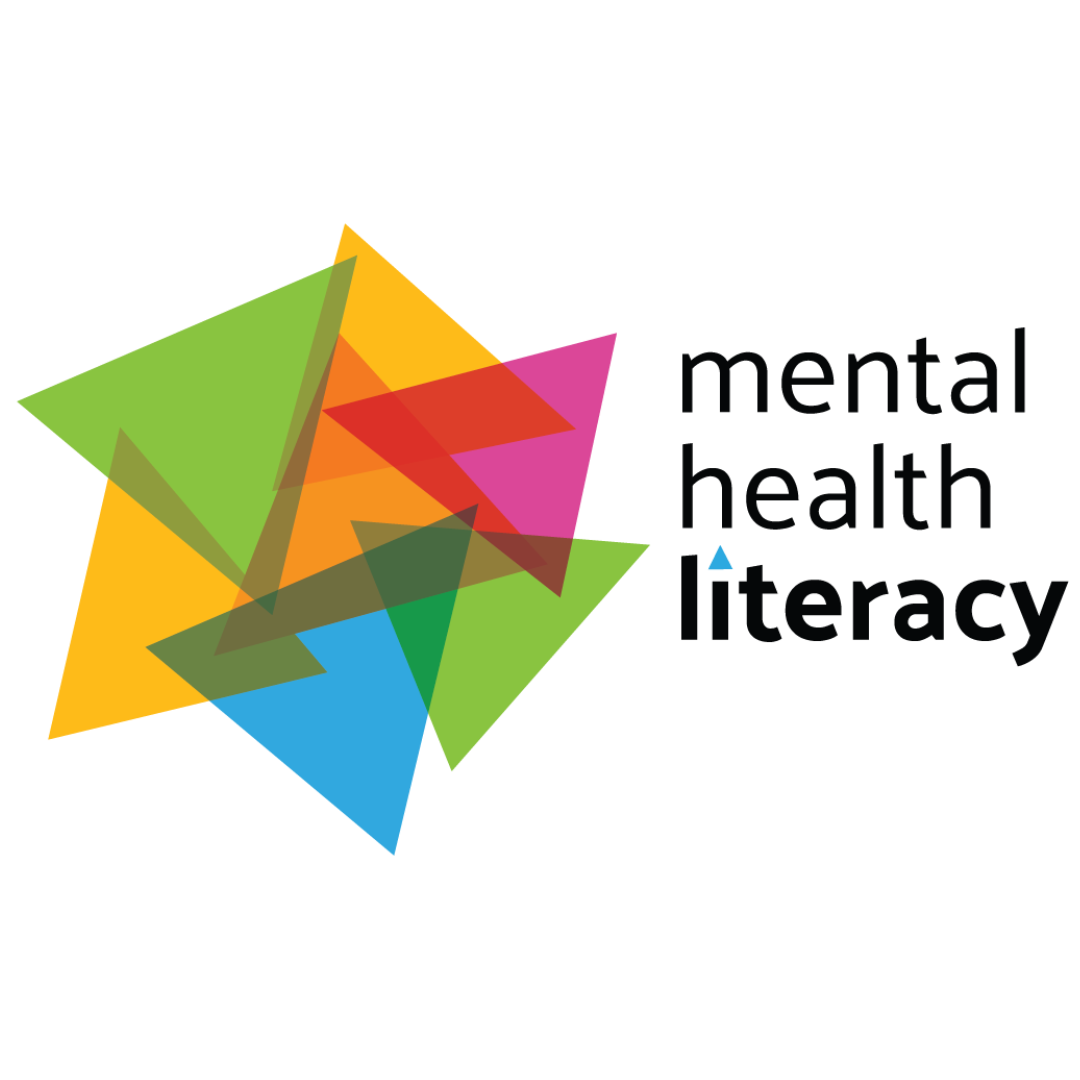About Mental Health
Mental health is a complex and important part of our overall health that is not always understood. However, furthering our knowledge in this area is empowering and helps us make informed decisions about our own health. The following information explains mental health concepts in a plain and accessible way. This is information that all Canadians can benefit from and it has been reproduced with permission from MentalHealthLiteracy.org
Calming Strategies
You may find it helpful to practice grounding, deep breathing or progressive muscle relaxation exercises to help turn down the volume on your stress response. But again, remember: calming strategies are only one component of the 3 Keys to Healthy Stress Management. A few examples are shared here:
GROUNDING: ENGAGING YOUR SENSE THROUGH
THE 54321 TECHNIQUE
5. Name FIVE things you can SEE.
4. Name FOUR things you can TOUCH.
3. Name THREE things you can HEAR.
2. Name TWO things you can SMELL.
1. Name ONE thing you can TASTE.
Repeat as needed until you feel calmer.
DEEP BREATHING: ENGAGING YOUR BREATH THROUGH BOX BREATHING
Inhale slowly for a count of 3 or 4
Hold for a count of 3 or 4
Exhale slowly for a count of 3 or 4
Hold for a count of 3 or 4
Repeat as needed until you feel calmer.
HAND RELAXATION: ENGAGING YOUR BREATH AND BODY TOGETHER
Clench the muscles of your left hand into a really tight fist for 5 seconds.
Gradually let go of your fist (for about 15 seconds) while breathing slowly and concentrating on the way your hand feels.
Repeat using your right hand.
Often about 3 cycles (left hand relaxation + right hand relaxation = 1 cycle) are enough to help decrease the stress response.
Checking In With Others
We can't always know another's mental state, or how they are thinking and feeling. It is important to regularly check in with our family, friends and colleagues.
WHEN CHECKING IN, HERE ARE SOME CONSIDERATIONS:
Ask permission to check in.
Find an appropriate time and place (ex. when you have sufficient time to properly connect, not in front of others and not anchored around staff performance).
Know your role: you are not expected to be a therapist or to offer advice on a particular matter. Your role is to listen and offer resources and systems of support.
Build in these check-ins as part of your routine.
Have additional resources available if needed (ex. https://wellnesstogether.ca/en-CA/covid)and https://wellnesstogether.ca/fr-CA/covid).
Ask permission to circle back and follow up with that person.
Not sure how to start the conversation? Here are some ideas:
Is it okay if we talk?
How are you?
How are things going for you overall?
How does the workload feel?
How is your work/life balance?
Are you taking time for yourself?
Have you booked days off?
How are you eating? Sleeping?
Is there any way I can support you?
Is it okay if I check in with you again in a few weeks to see how things are going?
Should I Be Worried?
It is expected and absolutely normal for all of us to have times when we feel in a slump, with decreased energy, a more negative mood or increased tension. For these times, better self care such as a good night's sleep and talk with a friend may be all that is needed to rebound. Sometimes, someone's struggle does not resolve simply with more rest and fresh air.
There are some indications or 'red flags' that someone may be experiencing either a mental health problem (where they could use caring and practical supports) or a mental illness (where they need both assessment and treatment from a professional as well as the support of friends and family)

